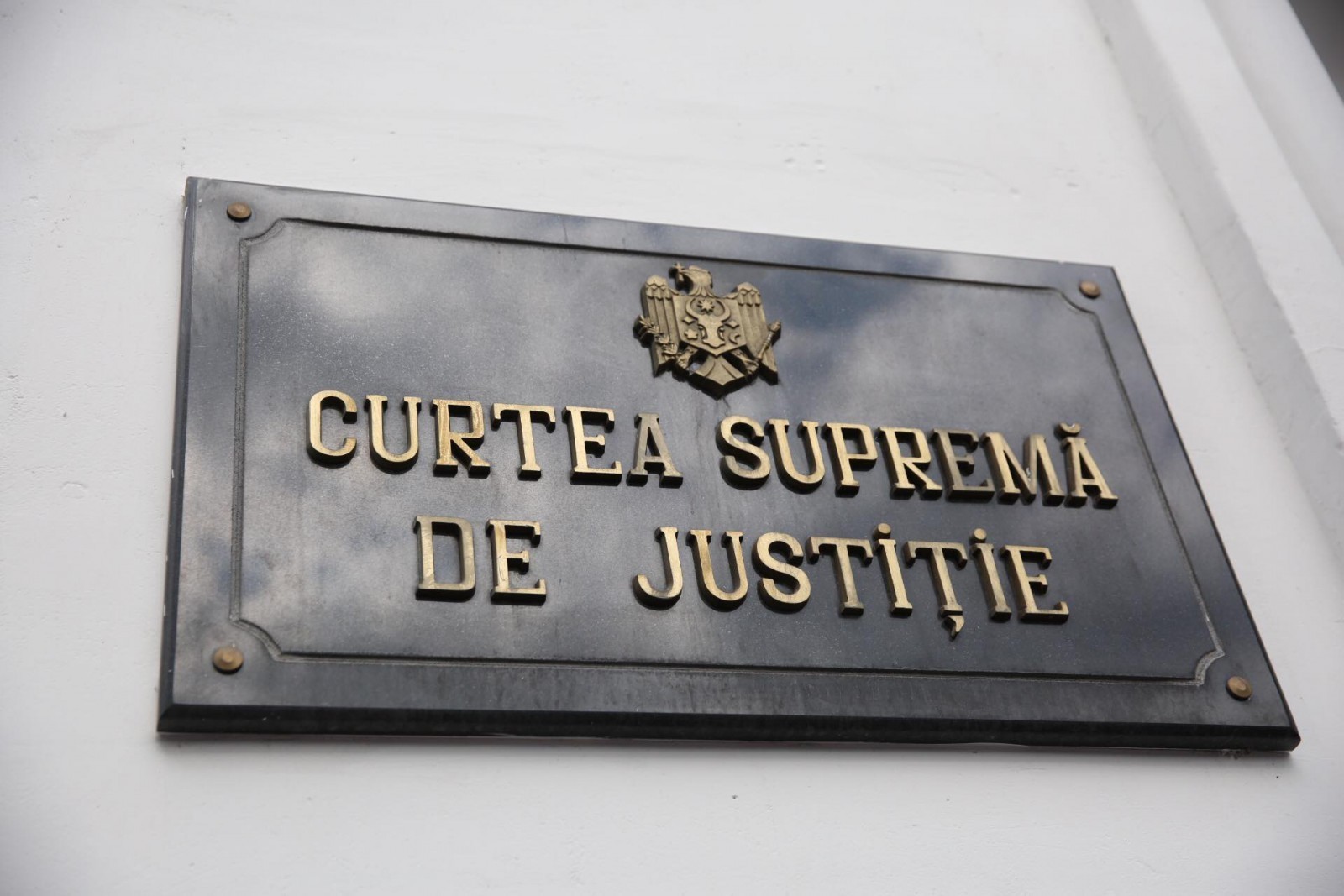
Supreme Court of Justice delivered first verdict in Russian Laundromat cases
The Supreme Court of Justice (CSJ) has resolved the first case from the group of cases known as Russian Laundromat, targeting a former judge from Căușeni Court.
According to the CSJ, the magistrate issued an order in May 2011 to collect 200 million USD from a Russian company in favor of a British firm. The document was executed via the banking system of the Republic of Moldova without being contested by the debtor.
Lower courts, the Chișinău Court and the Chișinău Court of Appeal found the judge guilty of knowingly issuing a verdict against the law, based on Article 307 of the Criminal Code. He contested the decisions.
In the verdict delivered on Friday, the CSJ rejected the defense's arguments and noted that the judicial order represented, at that time, an immaterial object of the crime specified under Article 307, even if it was not explicitly mentioned in the legal text. The court highlighted several grave irregularities committed by the judge, such as admitting uncertified document copies, not translating documents from unknown languages, the absence of a state tax, and the fact that the beneficiary firm had no legal claim to the amount.
The panel concluded that the magistrate played a key role in a complex scheme to fraudulently obtain the order. However, due to the expiration of the five-year statute of limitations, the CSJ decided to establish guilt but release the judge from criminal liability.
Several similar cases from the Russian Laundromat are pending in national courts. Judicial practice remains inconsistent: in some cases, judges have been acquitted, while in others they have been found guilty but released from punishment due to the statute of limitations.
The Russian Laundromat is the general name of a scheme through which, between 2010 and 2014, billions of dollars from the Russian Federation were laundered through court orders issued in the Republic of Moldova, using offshore companies and banking institutions. The scheme was investigated in multiple countries and drew international criticism regarding corruption and vulnerabilities within the Moldovan judicial and financial systems.
PHOTO GALLERY // In Safety on Vacation - exhibition staged on Great National Assembly Square
Twenty seven American Peace Corps volunteers start mission in Moldova
PHOTO GALLERY // Diaspora Congress, 11th edition
Former head of central Moldova district urges citizens not to attend Ilan Shor's protest
PHOTO GALLERY // American Peace Corps volunteers take oath
Group of 200 students from Gagauz Autonomy, Taraclia district to attend summer camp in Romania to enhance Romanian language skills
Moldova's National Health Insurance Company provides clarifications on payment of mandatory health insurance premium for Diaspora citizens
PHOTO GALLERY // 200 pupils from Gagauz Autonomy, Taraclia district to participate in summer camp in Romania for consolidation of Romanian language knowledge
Moldovan Infrastructure Ministry, EU Delegation in Moldova launch information campaign for passengers on their Rights in European Union
Nicolae Testemitanu Medical University of Moldova announces launch of contest on admission to residency
VIDEO // Protests organized by Shor group
DOC // New Electricity Law published in Official Journal
President welcomes US and European leaders' efforts for achieving peace in Ukraine
President of Shor Party's Ștefan Vodă territorial office convicted for complicity in illegal party funding
White House Summit // Romanian political analyst: Potential concessions by Ukraine could set dangerous precedent
DOC // Published in Official Journal. Moldova to have national crisis management system
Austria's Federal Minister for European and International Affairs to visit Chișinău
Two political parties and potential independent candidate learned preliminary order on ballot
Chief architect of central Moldova district prosecuted for corruption; anti-corruption officers raid more locations across country
VIDEO // First advanced technology park - Moldova HiTech Park - to be built in Stăuceni
Work of Palanca–Maiaki–Udobnoe customs post temporarily suspended
CEC warns of fake video images on electoral process
Two candidates for Prosecutor General's Office to be interviewed by CSP
National contest of young, elderly people discovering Europe together starts in Moldova
Supreme Court of Justice delivered first verdict in Russian Laundromat cases


